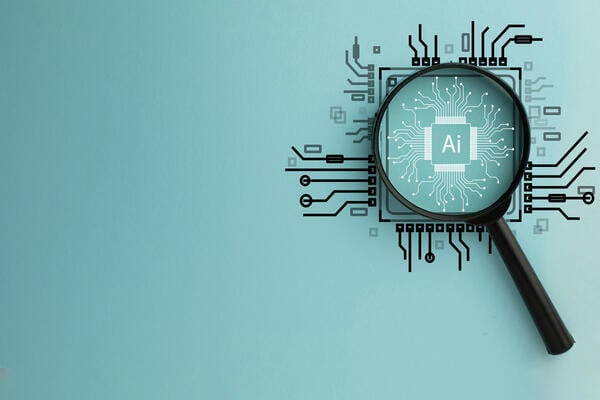The Role of AI in Analyzing Human Experience
As technology evolves, AI plays an increasingly significant role in various fields. However, it faces challenges when tasked with interpreting complex human experiences, such as the testimonies of Holocaust survivors. In a recent opinion piece, Jan Burzlaff emphasizes that relying on AI for such sensitive analysis might not yield the desired outcomes.

Burzlaff argues that using AI in contexts where nuance and emotional depth are essential can lead to misinterpretations. The stories shared by Holocaust survivors carry weight and complexity that AI cannot fully comprehend. Engaging with these narratives requires a human touch, fostering deeper connections and understanding.
Enhancing Critical Thinking Through Human Engagement
By encouraging students to grapple with these testimonies themselves, they cultivate their analytical skills and empathy. Burzlaff’s perspective highlights the importance of human judgment in interpreting historical testimonies. Ultimately, while AI offers valuable tools, it cannot replace the critical thinking and emotional intelligence that human beings bring to the table.
















